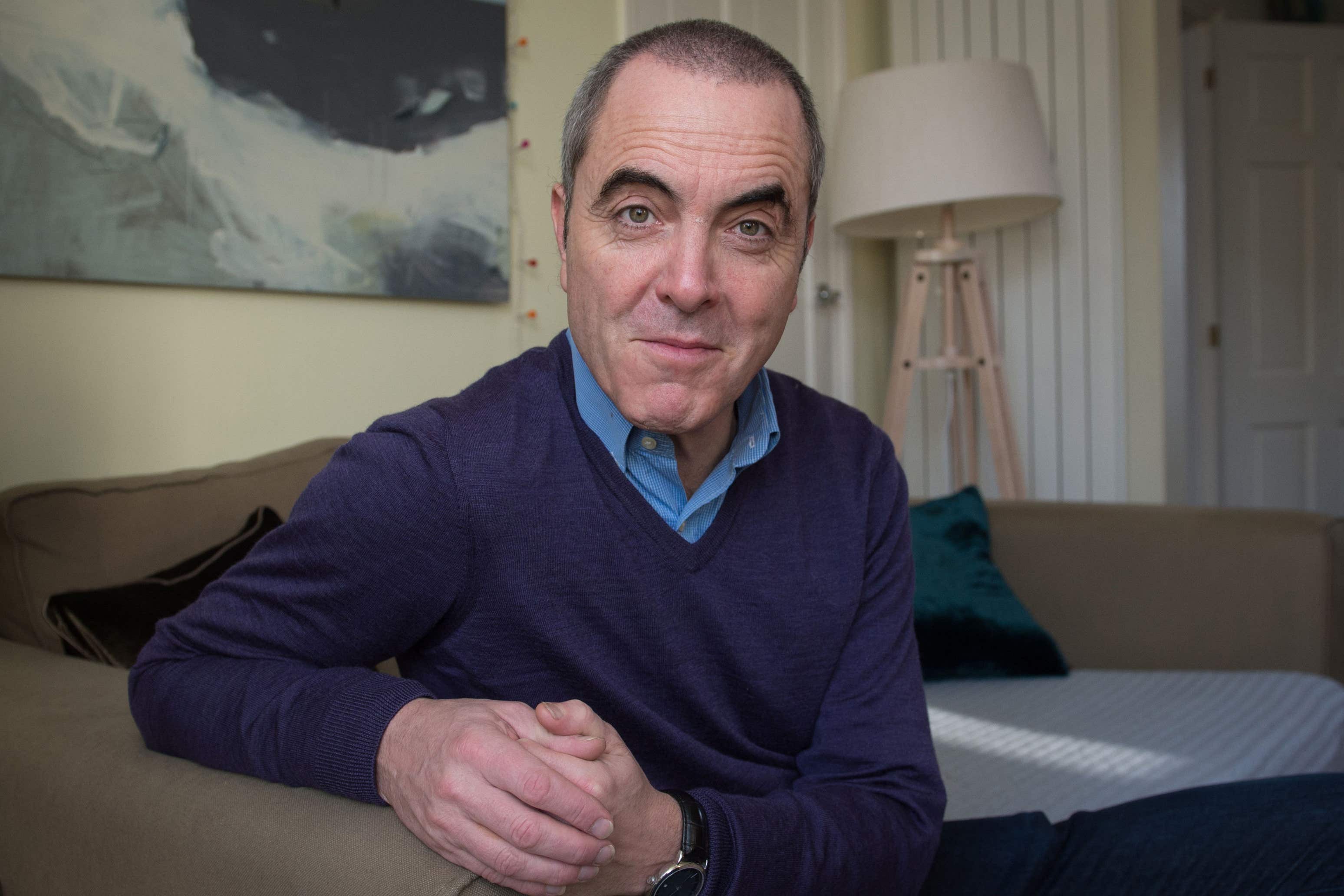Political leaders and actors among those set to take part in Irish unity rally
Cold Feet star Jimmy Nesbitt will deliver the keynote address at the Ireland’s Future event in Dublin.

Your support helps us to tell the story
From reproductive rights to climate change to Big Tech, The Independent is on the ground when the story is developing. Whether it's investigating the financials of Elon Musk's pro-Trump PAC or producing our latest documentary, 'The A Word', which shines a light on the American women fighting for reproductive rights, we know how important it is to parse out the facts from the messaging.
At such a critical moment in US history, we need reporters on the ground. Your donation allows us to keep sending journalists to speak to both sides of the story.
The Independent is trusted by Americans across the entire political spectrum. And unlike many other quality news outlets, we choose not to lock Americans out of our reporting and analysis with paywalls. We believe quality journalism should be available to everyone, paid for by those who can afford it.
Your support makes all the difference.Political leaders and high-profile actors will be among those addressing a rally on Irish unification in Dublin later.
Pro-unity group Ireland’s Future, which has organised the event in the 3Arena, has said thousands of people are expected to attend.
Actors Jimmy Nesbitt and Colm Meaney will be among those participating.
Cold Feet star Nesbitt, who is from a unionist background in Northern Ireland, will deliver the keynote address at the close of the afternoon-long rally.
Ahead of the event, he insisted he was not jumping on any “bandwagon”.
“I think people are imagining that I’m jumping or joining some bandwagon, and I’m certainly not,” he told the Belfast Telegraph.
“I come from a particular background, of which I am particularly proud of, and I don’t refute or shy away from that.”
Nesbitt said there was a need for a public debate on the issue.
“I’m going down to give my perspective because there needs to be change and there needs to be public debate,” he said.
“Things like this can only increase that public debate. For too long this has all been left in the hands of politicians.”
Leaders of five political parties will also take part in the rally.
Ireland’s deputy premier and leader of the Fine Gael party Leo Varadkar will give an address, as will Sinn Fein President Mary Lou McDonald.
The stated aim of Ireland’s Future is to promote debate and discussion about what a united Ireland would look like. It is campaigning for a referendum on reunification.
The group contends that Brexit has created a fresh impetus for constitutional change, with more people looking at unification as a way to mitigate the consequences of the UK’s departure from the EU.
Unionist parties in Northern Ireland are not involved in Saturday’s event.
The cross-community Alliance Party is also not participating.
The party, which does not take a position on the constitutional question, said while it was prepared to take part in discussions on the issue, it said it would not be appropriate to attend what it described as a “rally to endorse a united Ireland”.
The event is being held days after census figures showed that Catholics now outnumber Protestants in Northern Ireland for the first time since the partition of the island.
The Census 2021 figures, published last Thursday, show that 45.7% of the region’s population said they were either Catholic or brought up as a Catholic.
The figures for Protestants (and other Christian faiths) was 43.5% while 1.5% were from non-Christian religions.
Northern Ireland had a significant Protestant majority when it was established in 1921 as part of the partition of Ireland. Its founders believed this Protestant majority would secure the future of the newly-created political entity.
Some nationalists hailed the census results as a seminal moment in the history of the region, drawing a direct link between the religious breakdown and public opinion on the potential reunification of Ireland.
However, unionists criticised this interpretation, insisting religious affiliation is a crude metric to measure sentiment on the constitutional question.
The census figures also included data on national identity.
Census 2021 showed that 31.9% said they were “British-only” and 8% deemed themselves “British and Northern Irish”.
The proportion of the population that said they were “Irish-only” was 29.1% while those identifying as “Northern Irish-only” was 19.8%.